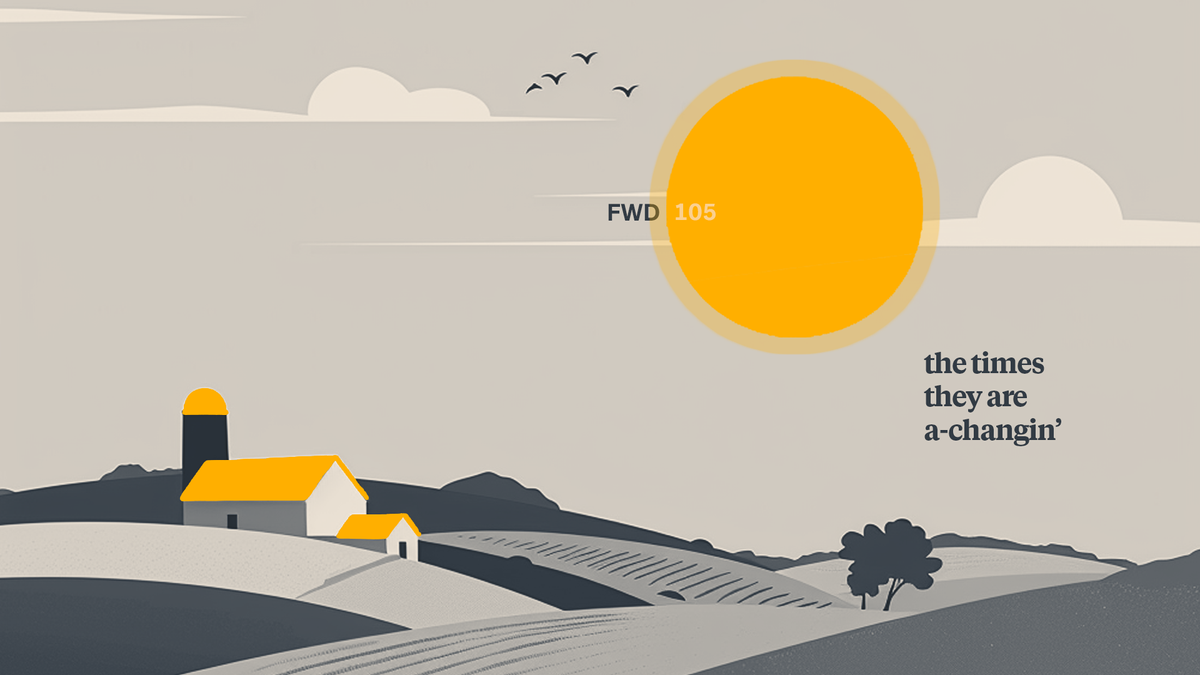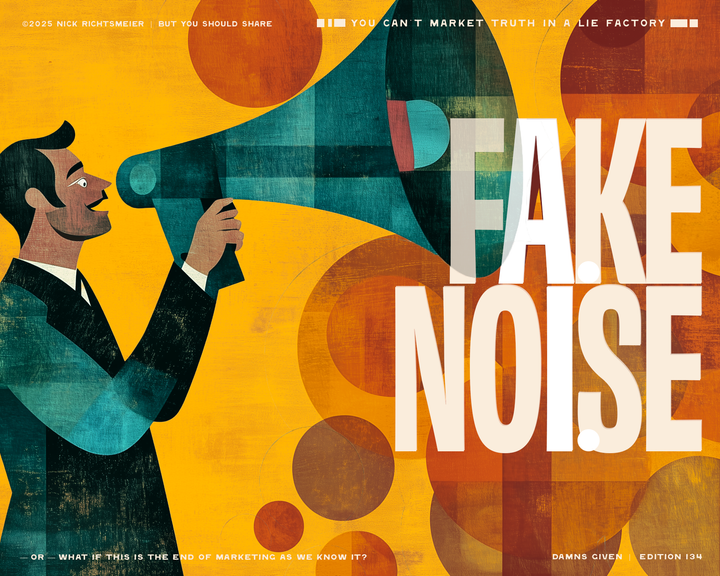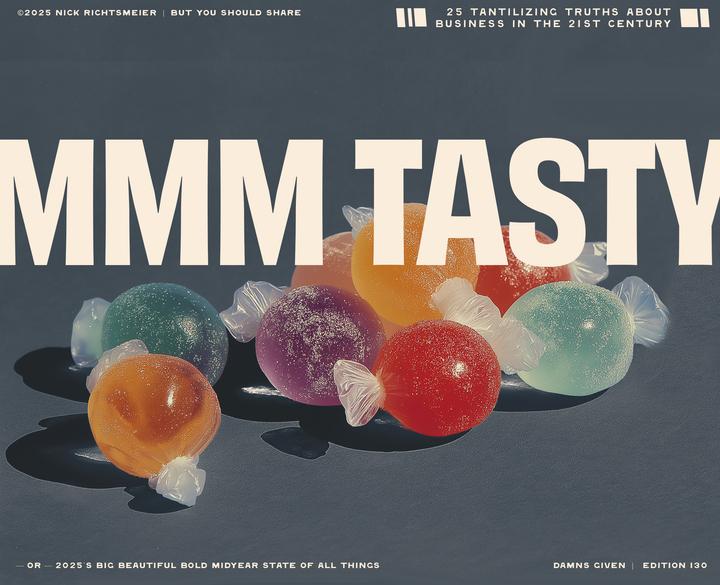The times they are a-changin'
Olympics fever changes the national mood (and the strategy for brands) and why you must only lead what you love

Whew. August. If there was ever a month that sends growth strategy into the dead zone, it's August. Some might argue December, but that threat of year-end numbers spurs a chaotic "one last thing" energy that August simply lacks.
One-third of us are on vacation, one-third of us are reading email #37 out of 92 from the school district about going back to school, and the remaining one-third are reading this email.
It's all good.
But the zeitgeist never rests. It's been a busy week for cultural news and cautionary tales (often one in the same), so let's jump in.
YES to the Olympics.
Ok, this may seem very basic, but strap in with me for a second. Cynicism has ruled the roost of both the media landscape, social sentiment, etc., since the mid-to-late 2010s, only accelerating during COVID.
The combination of women's soccer's return to dominance, the refugee team medaling for the first time, Katie Ledecky's record-breaking laps, and, of course, Simone Biles reminding the world that taking time for one's mental health can produce legendary outcomes.
The lessons here are too many to count. But I'll tell you what I hope: Earned optimism (the non-toxic kind) is coming back in vogue. We'll know for sure when the "This is Fine" guy takes six months off for personal wellness and reflection.

NO to Tom Cruise stunts.
Closing out my award-winning Olympics coverage... one thing we didn't need was Tom Cruise doing weird stunts at the closing ceremonies. Someone in LA thinks he's a draw for the 2028 Games. That someone is wrong.
We are past peak nostalgia (Sorry sequel-farm Disney) with Gen Z culture slowly taking over the nostalgia-prone Millennials/younger Gen X. Brands and leaders would be wise to capitalize on the retro-futurism that is capturing so much attention.
PS - Everyone looks weird in a harness, even and especially Tom Cruise.

MAYBE love what you lead.
Over the last week, we've seen the most recent fallout from David Zaslav's leadership at WarnerBros Discovery. I wrote about it briefly on LinkedIn, inviting the usual trolls. (My first ever "viral" moment on LI. Don't worry, I haven't signed my book deal yet.)
There are lots to look at there, not the least of which is House of the Dragon (arguably still the buzziest show on television with a massive ecosystem of secondary content creators) being cut to 8 episodes instead of 10. This leaves Season 2 in a very awkward position, made obvious by the $9.1B write-down of his cable channel assets.
For those who aren't prime media consumers, there's still a pretty strong object lesson. Zaslav has gutted some of the most storied brands in media out of contempt for anything approximating prestige storytelling. Your mileage may vary on you interest in prestige TV and film. Regardless, putting a guy who would prefer to make Teenage Pregnancy II: Knocked-Up Bugaloo in charge of Warner Bros, one of the greatest studios in the history of the world, was Herbert Hoover-level malfeasance.
As an aside, I'm mildly interested in the "Apple buys Warner Bros" campaign that's floating around.

SERIOUSLY, no one thought about this?
With one presidential candidate using the presence of Gen AI to question the photographs of a different presidential candidate, suddenly people are waking up about what's really happening with the Silicon Valley's "GenAI" obsession.
You mean if we create a lawless digital world where the gap between fact and fiction is non-existent, people won't believe in facts anymore and that will have consequences?
Who'd have thought?
Digging a little deeper, this "GenAI at any cost" mentality is a side effect of an "efficiency at any cost" obsession that is decimating corporate culture and commoditizing value. It leaves good brands in the "who cares, it's all trash" pile of consequences. (For the 1000th time, use cases exist, sparingly and with humble regard to the consequences.)
Perhaps we will start thinking about innovation in more than just its promised efficiency effects, particularly when those promises can easily fail.



